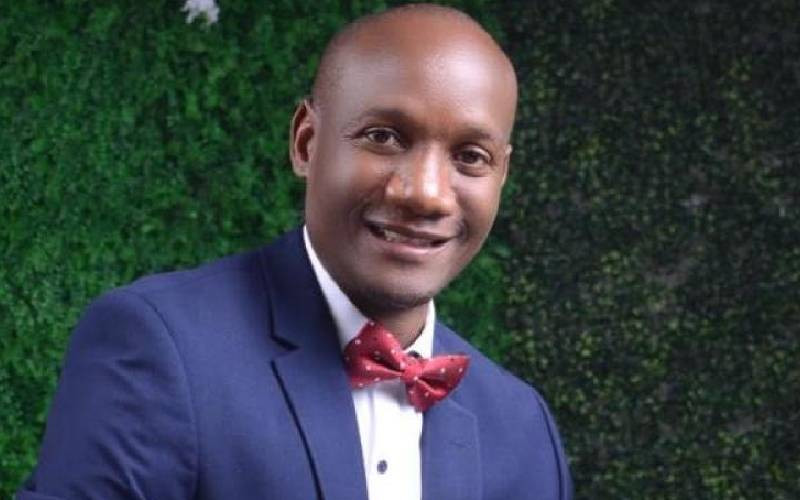×
The Standard e-Paper
Fearless, Trusted News

What led to your decision to form a society?
Africa has significant unmet health needs. The burden of infectious diseases and non-communicable disease presents a major challenge to the public health agenda for many countries due to limited resources and competing health priorities.